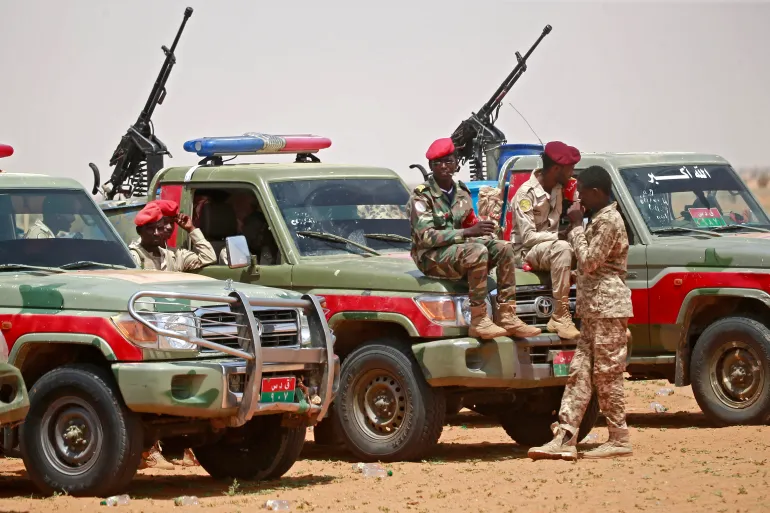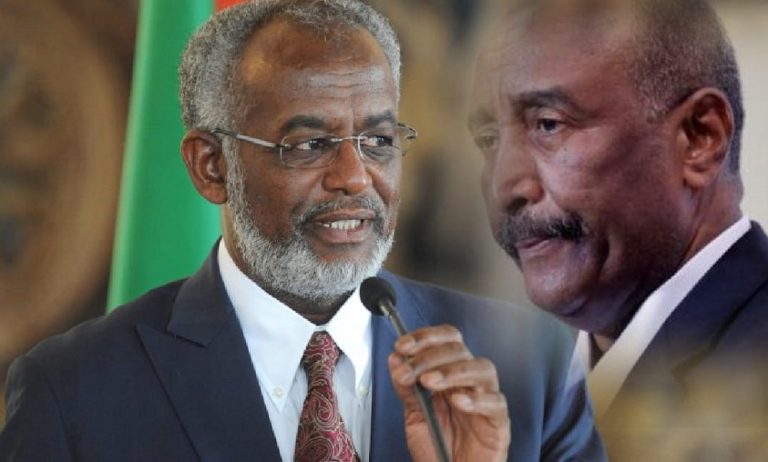
A column of roughly 440 motor-bike-mounted fighters—identified by local officials as Taʿaisha tribal militiamen from Umm Dafuq—has crossed into the Central African Republic (C.A.R.), heightening fears of an attack on the Kara-dominated town of Birao.
Local authorities and residents say the men, dressed in mixed camouflage, slipped over the frontier three days ago and are now positioned on scrubland east and north of Birao, only “dozens of kilometres” away. The fighters reportedly intend to avenge the killing of three Sudanese herders earlier this week, an assault blamed on Kara tribesmen.
“They are our own residents, mobilised for revenge,” a senior Umm Dafuq official told Darfur 24. “We are urging them to return before blood is spilled.”
Who backs them?
The fighters are not part of the Rapid Support Forces (RSF) and do not constitute a formal battalion in General al-Burhan’s army (SAF), but community elders and security sources say SAF recruiters have recently courted Taʿaisha men, distributing army IDs and salaries in an effort to build auxiliary forces against the RSF.
No credible evidence links this contingent to the RSF command, and RSF spokespeople deny involvement.
The Sudan–C.A.R. border has long been a corridor for seasonal livestock migration and sporadic tribal violence. In June, clashes broke out between Sudan’s Taʿaisha and C.A.R.’s Kara militias. Human-rights groups fear renewed fighting could endanger about 38 000 Sudanese refugees sheltering around Birao after fleeing Sudan’s wider civil war.
Aid organisations say no evacuations have begun, but contingency plans are under review. Local administrations on both sides of the frontier report “limited capacity” to disarm or repatriate the fighters, who remain camped in remote scrubland.
Community leaders warn that without a swift de-escalation, the seasonal movement of thousands of Darfuri herders—and the fragile refugee presence in Birao—could become collateral to an expanding tribal feud now shading into Sudan’s national conflict.




